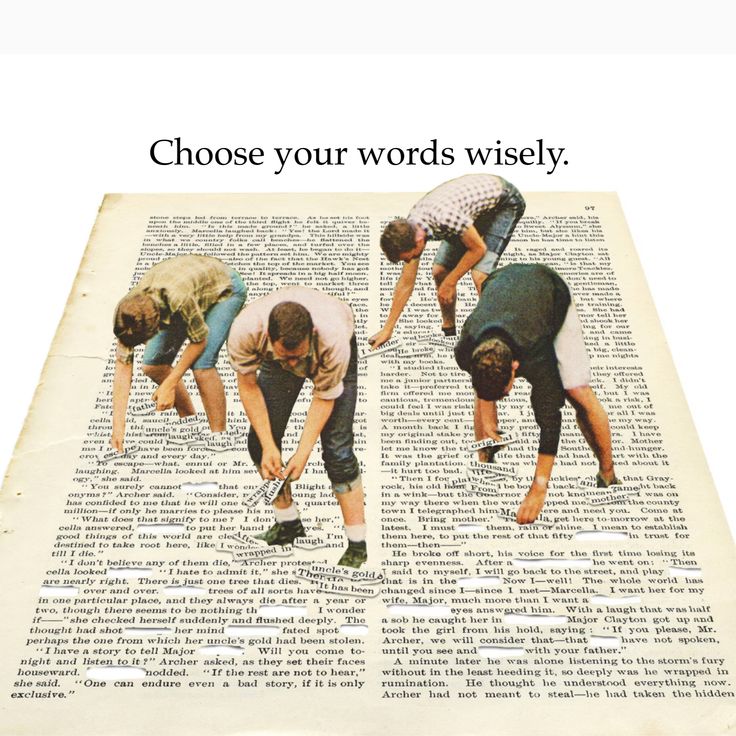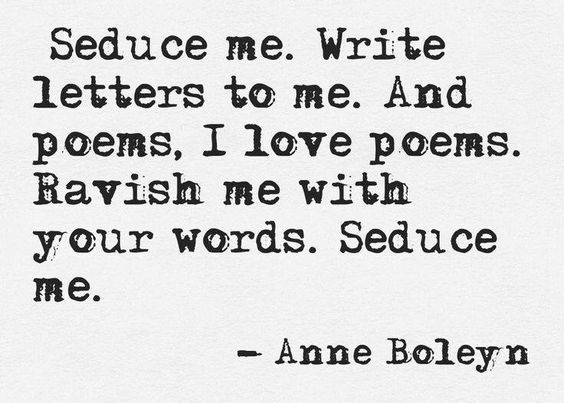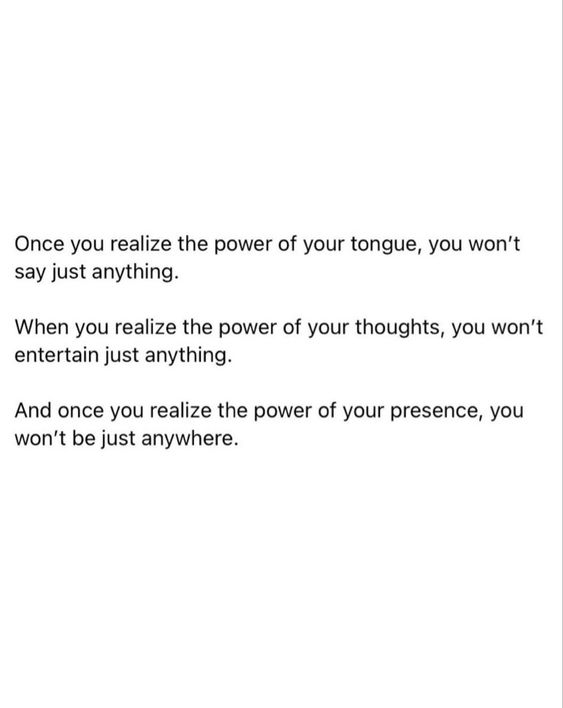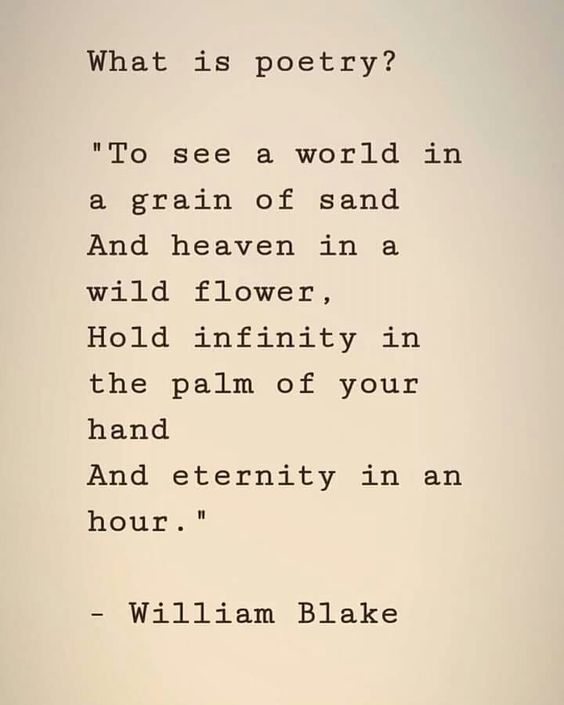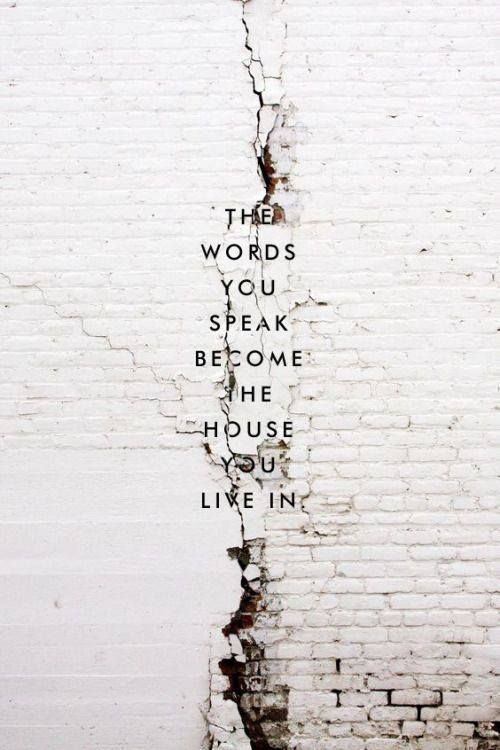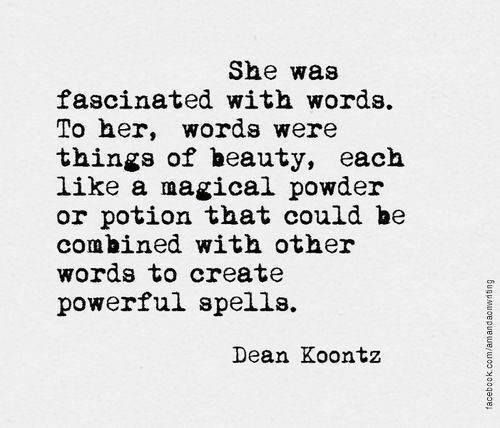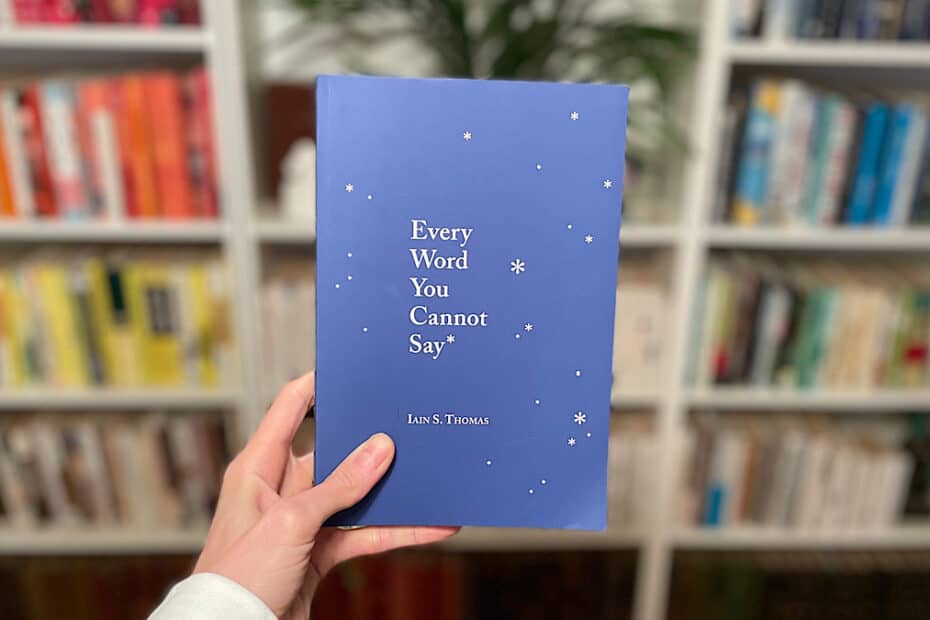“What if instead of being concerned, you were just aware? What if instead of talking about behavioral issues, you just talked about behaviors? How about instead banning curse words from your house, you banned negative self-talk, maybe negative talk entirely? Instead of complaining about their use of slang or improper English, you tried to limit complaining itself? What if instead of trying to find a nice way to point out that another kid is playing better than yours, you just dropped comparison altogether?”
Ryan Holiday, Daily Stoic Blog
“The attitude is paradoxical: the Zen poet believes the real experience of poetry lies somewhere beyond the words themselves but, like a good Confucian, believes simultaneously that only the perfect word perfectly placed has the power to reveal the authentic experience of the poem.”
Sam Hamill, Narrow Road To The Interior (Page XVIII)
“People often respond to the news of tragedy with ‘words fail,’ but words did not fail me that day, or the next, or thereafter—they poured out of me, first cautiously, then exuberantly, my mind awakening as if from a long slumber, thoughts tumbling out faster than my pen could keep up.”
Suleika Jaouad, Between Two Kingdoms (Page 106)
“If I’ve learned nothing else, I’ve learned this: a question is a powerful thing, a mighty use of words. Questions elicit answers in their likeness. Answers mirror the questions they rise, or fall, to meet. So while a simple question can be precisely what’s needed to drive to the heart of the matter, it’s hard to meet a simplistic question with anything but a simplistic answer. It’s hard to transcend a combative question. But it’s hard to resist a generous question. We all have it in us to formulate questions that invite honesty, dignity, and revelation. There is something redemptive and life-giving about asking a better question.”
Krista Tippett, Becoming Wise (Page 29)
“I take it as an elemental truth of life that words matter. This is so plain that we can ignore it a thousand times a day. The words we use shape how we understand ourselves, how we interpret the world, how we treat others. From Genesis to the aboriginal songlines of Australia, human beings have forever perceived that naming brings the essence of things into being. The ancient rabbis understood books, texts, the very letters of certain words as living, breathing entities. Words make worlds.”
Krista Tippett, Becoming Wise (Page 15)
“Words hang like wash on the line, blowing in the winds of the mind.”
Rameshwar Das, Sunbeams (Page 15)
“One day while studying a Yeats poem I decided to write poetry the rest of my life. I recognized that a single short poem has room for history, music, psychology, religious thought, mood, occult speculation, character, and events of one’s own life. I still feel surprised that such various substances can find shelter and nourishment in a poem. A poem in fact may be a sort of nourishing liquid, such as one uses to keep an amoeba alive. If prepared right, a poem can keep an image or a thought or insights on history or the psyche alive for years, as well as our desires and airy impulses.”
Robert Bly, Sunbeams (Page 5)
Why I DON’T Do “Pinky Promises”
“We started our relationship based on pinky promises, where we linked our pinkies and kissed our hands to demonstrate that we cannot lie and break that bond. Because like little kids a pinky promise means a lot more.”
Unknown
Beyond the Quote (263/365)
I saw a meme that asked, “Do you trust pinky promises?” with the response, “You are wack if you don’t take these seriously.”
Unpopular opinion: You are wack if you need a promise to be “pinkyed” to be taken seriously.
Read More »Why I DON’T Do “Pinky Promises”“’If my opinion runs more than twenty pages,’ she said, ‘I am disturbed that I couldn’t do it shorter.’ The mantra in her chambers is ‘Get it right and keep it tight.’ She disdains legal Latin, and demands extra clarity in an opinion’s opening lines, which she hopes the public will understand. ‘If you can say it in plain English, you should,’ RBG says. Going through ‘innumerable drafts,’ the goal is to write an opinion where no sentence should need to be read twice. ‘I think that law should be a literary profession,’ RBG says, ‘and the best legal practitioners regard law as an art as well as a craft.’”
Irin Carmon, Notorious RBG: The Life and Times of Ruth Bader Ginsburg
Don’t Confuse The Pointing Finger With What’s Being Pointed At — On Understanding Words
Introduction: Fetch Me The Moon—A Short Zen Story
The Zen teacher’s dog loved his evening romp with his master. The dog would bound ahead to fetch a stick, then run back, wag his tail, and wait for the next game. On this particular evening, the teacher invited one of his brightest students to join him—a boy so intelligent that he became troubled by the contradictions in Buddhist doctrine.
Read More »Don’t Confuse The Pointing Finger With What’s Being Pointed At — On Understanding Words12 Iain Thomas Quotes from Every Word You Cannot Say To Help When Life Is Hard
Excerpt: Life can be hard. Words can help. Read our 12 empowering Iain Thomas quotes from Every Word You Cannot Say for help finding the right ones.
Read More »12 Iain Thomas Quotes from Every Word You Cannot Say To Help When Life Is Hard
Every Word You Cannot Say [Book]
**I know you don’t want to talk sometimes. Sometimes because it hurts and sometimes because you’re just not supposed to talk about what you want to talk about. Sometimes it can be hard to say, “this is beautiful,” when no one else can see what you see. Or, “Here, this is where the pain is.” But some part of you knows, the truth about the words you cannot say is that they only hurt until you say them. They only hurt until the person who needs to hear them, hears them. Because we are human, and the closest we’ve ever come to showing each other who we really are, and how we love, is with words. So I’m going to try to say to you here, what I wish you’d say to me too. Please. Listen. We can change things. Here.
Buy from Amazon! Listen on Audible!
Not enough time to read entire books? Check out Blinkist and get the key insights from popular nonfiction books in a fraction of the time. ‘Busy’ isn’t an excuse.
Post(s) Inspired by this Book:
- 12 Empowering Iain Thomas Quotes from Every Word You Cannot Say
- Iain Thomas Quote on What To Do When The World Is Wearing You Down (Beyond the Quote 180/365)
- Iain Thomas Quote on Trying To Use Self-Love In Response To Pain—Not More Pain (Beyond the Quote 23/365)
- Iain Thomas Quote on How The World Becomes Better (Beyond the Quote 5/365)
